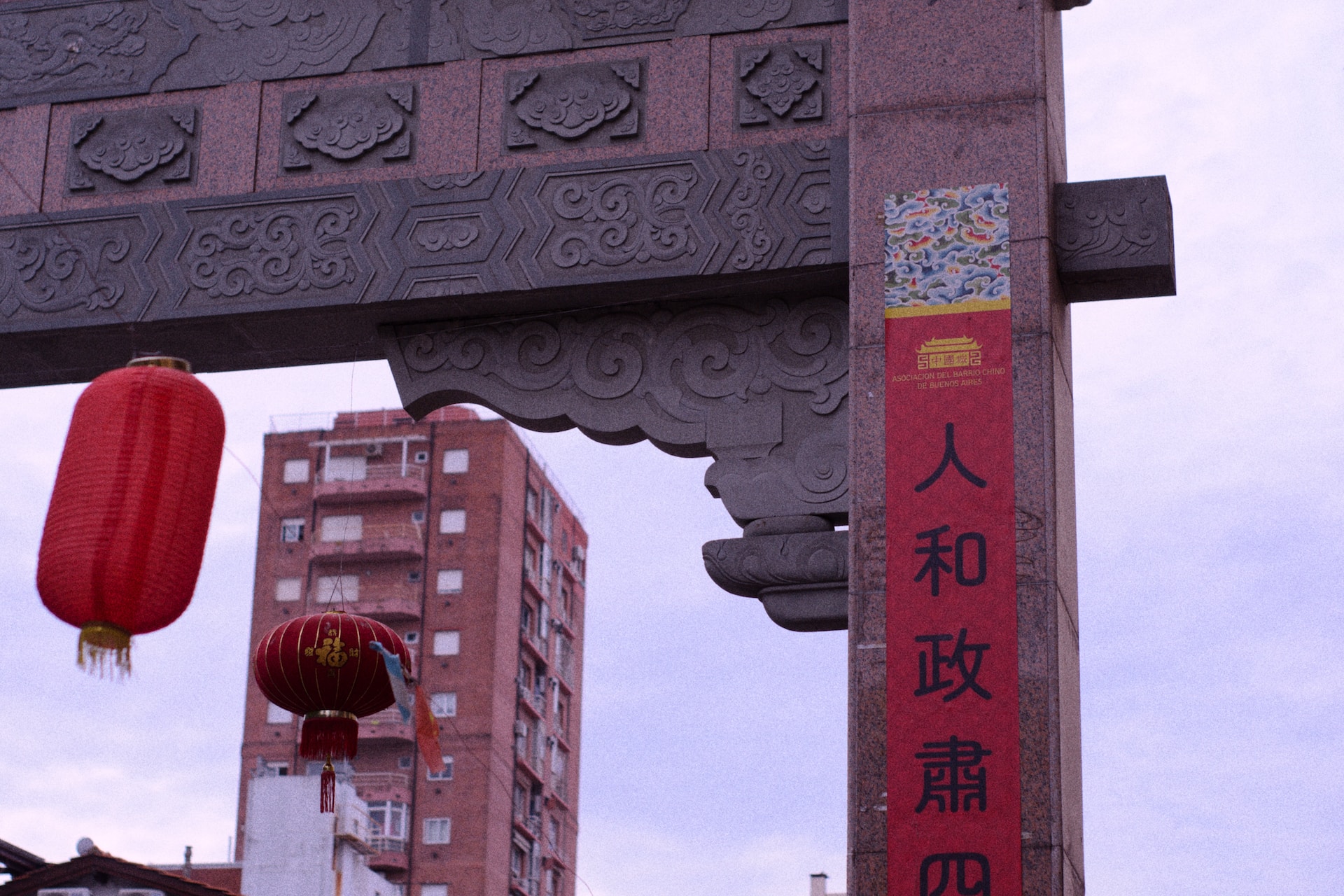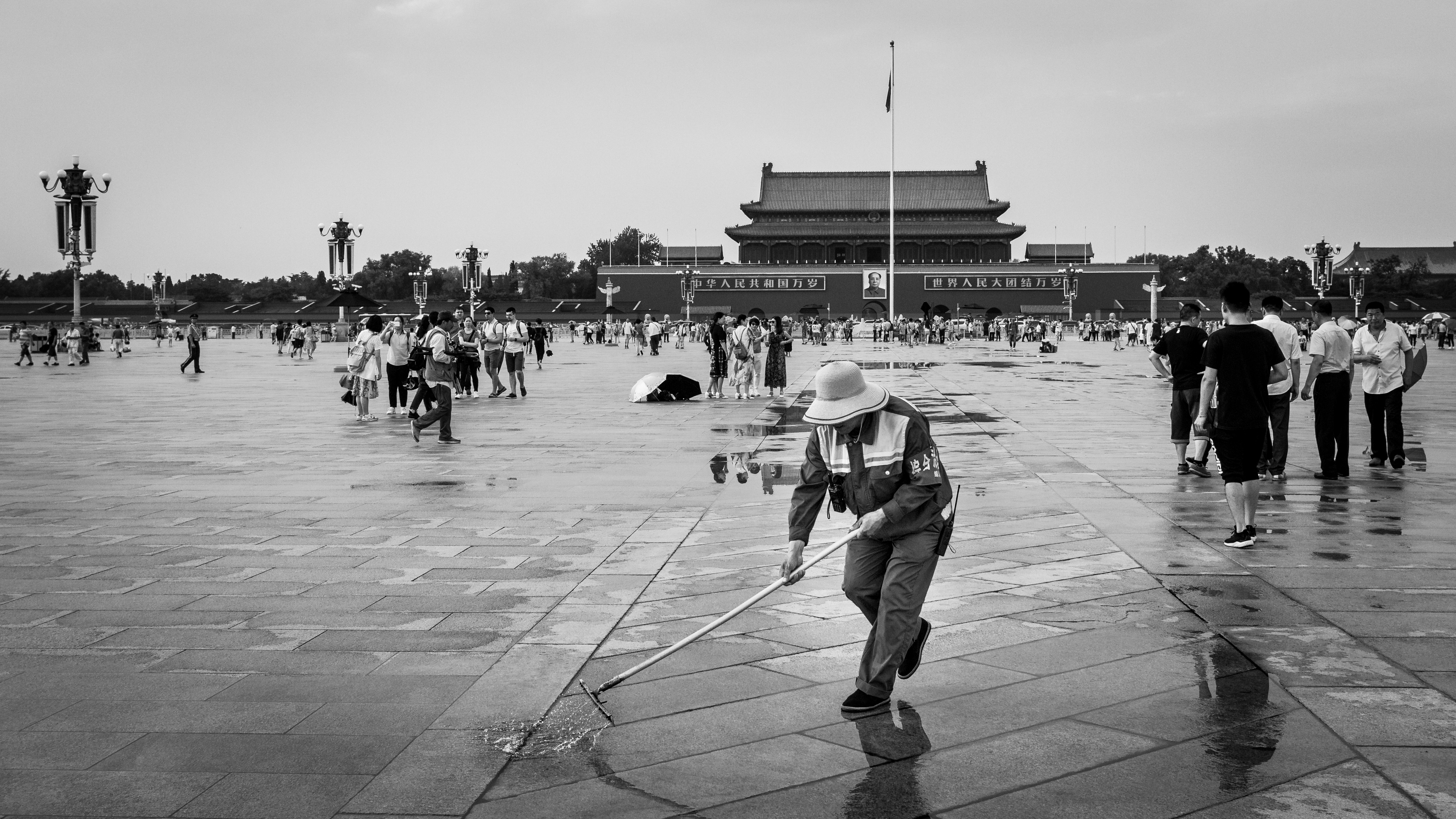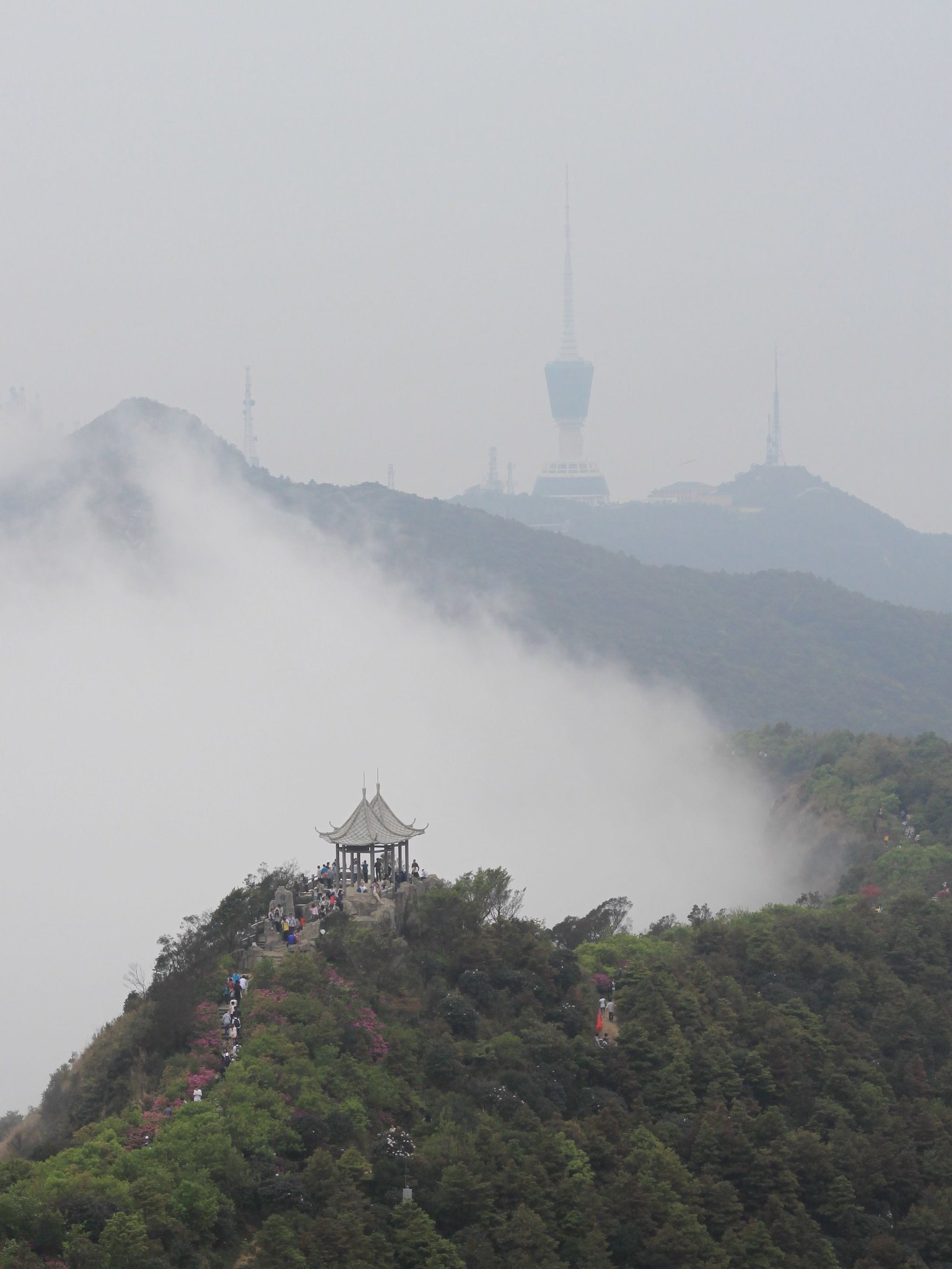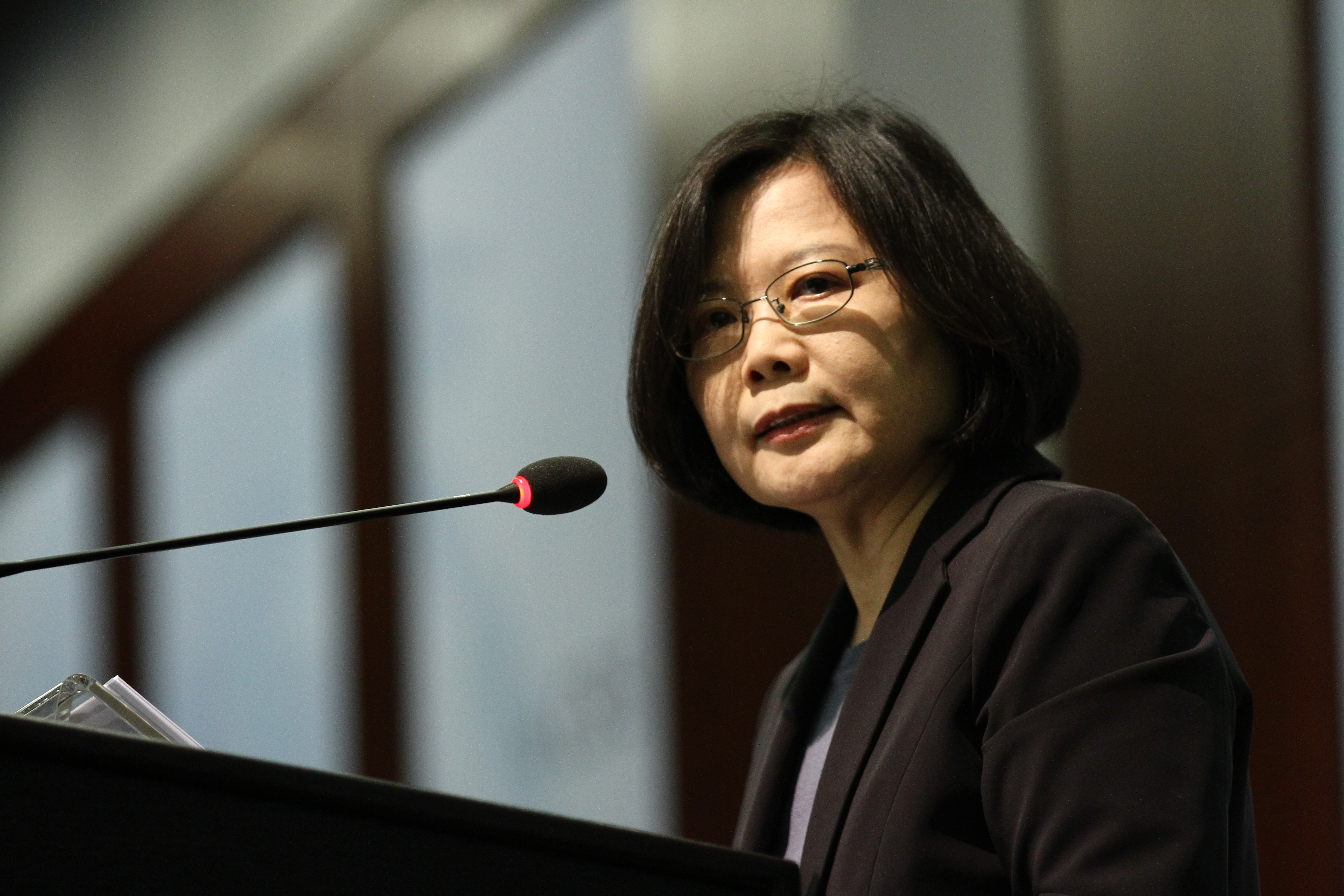Rock Solid
One of the least commented-upon aspects of the current war in Ukraine is how frequently so many experts have managed to get things wrong. This may be unfair. But the truth is that on some of the big questions the commentariat has quite frequently failed. Thus we were told by most analysts on the eve of Russia’s invasion that it would not happen. The French certainly did not think so. Nor did the BBC, one of whose better correspondents even provided five reasons explaining why. Three days later Putin sent in the troops.[1]
There was, as we know, an interesting exception to this rule: namely the US intelligence community who managed to get it right. Unfortunately, though, having initially argued that the war would happen, it then got it wrong by insisting that ‘Putin would quickly conquer Ukraine’. Indeed, according to one source, the CIA ‘was so pessimistic about Ukraine’s chances that officials told President Joe Biden and other policymakers that the best they could expect was that remnants of Ukraine’s defeated forces would mount an insurgency, a guerrilla war against the Russian occupiers’ once the occupation had occurred.[2]
This in turn led to another dubious prediction: that Russia, having been outfought and outsmarted by Ukrainians on the road to Kyiv would quickly fold with Putin either losing power or Russia itself imploding.[3] This did not happen of course; nor was it ever likely to. There have been rumours galore about Putin’s state of mind and his isolation within the Kremlin itself. Even so, not only does he look like maintaining a very firm grip on power, but the system itself — through a toxic combination of repression and patriotic propaganda — has managed to soldier on.[4] Russia may not be winning on the battlefield. Thousands have died or been injured. A million or more Russians have left. But Putin himself has never looked like a man about to pack his bags before going into exile while the flames licked around the Kremlin.[5]
Finally, whatever Putin may have got wrong militarily, he has managed to do something many western analysts thought very unlikely: namely keep the Russian economy on the road in spite of western sanctions.[6] The economic outlook may not be rosy. Some even think the economy can only go one way and that is downwards. However, even those who accept that the long term prospects are not good, still agree that there is ‘no sign’ as yet that Russia’s ‘economic difficulties are bad enough to pose a short-term threat’ to its ‘ability to wage war’.[7]
Was Xi fooled?
But what about Russia’s most significant international partner: China?[8] Here again a number of experts — though by no means all — have never quite faced up to something that by the beginning of 2022 should have been self-evident: that the relationship between China and Russia was as ‘rock solid’ as its respective leaders claimed, Even that famous meeting between Putin and Xi in February 2022 did not seem to change the narrative for many. On the contrary, while Xi and Putin were clinking their glasses in Beijing and declaring a ‘no limits’ partnership, some pundits continued to insist this should all be taken with a pinch of salt.[9]
Nor it was suggested would China be prepared to sacrifice its important relationship with Ukraine by backing Russia. In fact, even before the war Beijing was according to one source being put in a ‘tough spot’ by Putin.[10] Beijing, we were then told, became even more agitated when Moscow then decided to invade its neighbour. One pundit even claimed that China would never be able to ‘condone’ such an invasion.[11] Nor was Xi likely to given the rumour that he had been ‘fooled’ by his wily Russian friend.[12] With the costs rising and the UN in uproar about the invasion, Beijing it seemed had only one option left to it: to press for an immediate ceasefire. If Xi was, as reported to be as ‘pained’ as he was to see the ‘flames of war ignited’ again in Europe’, then it was only a matter of time before this particular war of choice was brought to an end.[13]
Nothing of the sort happened of course, and as the war moved from failed blitzkrieg in February to a long bloody slog, China not only continued to provide significant political cover for Russia, but made it clear to all those who might have thought otherwise that it was not about to throw its best friend Putin under the bus.[14] As a leading academic expert on China put it, ‘China’s policy’ in the war was to declare its neutrality, support Putin, and hopefully pay ‘no price’ for doing so.[15] Others were more cynical still arguing that not only was the price China paying much less significant than often claimed, but the benefits it was accumulating as a result of the conflict not insignificant. NATO may well have become more united than ever with western public opinion fast turning against China. Yet with West tied down in a long war whose economic and political costs were escalating by the day, there was every chance that the conflict in Ukraine would in time benefit Beijing. As one rather blunt headline published out of the Higher School of Economics in Moscow suggested, ‘Ukraine’s losses’ would soon translate into ‘China’s gains’.[16]
Tricky relationship?
This however did not convince the sceptics. If, after all, the partnership had always been a ‘tricky’ one[17] struck by two very different global actors with quite ‘different views of world order’[18], it followed that underlying differences between the two would emerge the longer the conflict ground on. This certainly seemed to be the view of a number of journalists working for a leading western newspaper. As they made clear in a well researched and engaging article published in early 2023, a ‘fundamental reset’ by China looked to be very much on the cards. Indeed one year into the conflict, China they claimed had become so disillusioned with Putin that it was striving ‘to put clear daylight’ between itself and Moscow. Nor was this mere guesswork. On the contrary: ‘several Chinese officials in private conversations’ had ‘reassured’ the newspaper that big shifts were afoot.[19] “Buyer’s Remorse” it seemed was at last beginning to set in.
Few can doubt that the war in Ukraine has caused Beijing some embarrassment as Putin himself admitted when he met Xi in September 2022.[20] Yet it is one thing to admit of problems. It is quite another to conclude that these are likely to lead to any significant change in the relationship. Speculating about China rolling back on its ‘unconditional support’ for Russia may make for a stimulating debate.[21] Insisting, as some have done, that Russia has become an ‘albatross’ around Xi Jinping’s neck is certainly an eye-catching headline. The problem however is that there is little to indicate that Xi has ever looked like putting clear blue water between China and Russia or thought of his Russian partner as being a weight around the neck of China. If anything, the longer the conflict has gone on the stronger the relationship seems to have become and the more committed Xi to it.[22]
Deepening ties
One fairly clear indicator of the solid nature of the relationship has been trade. Many thought it might fall because of the war. In reality it rose by 30% during 2022 with Russia becoming the largest supplier of crude oil for China, and China emerging as the major source of chips for Russia despite Western sanctions.[23] China and Russia meanwhile are in the final stages of building a pipeline that will send gas from Siberia to Shanghai. Both countries have also been busily engaged in constructing two bridges across the river Amur[24]; they have also maintained the closest of diplomatic and personal ties since the war began with China it is rumoured spending billions on promoting a pro-Russian line.[25]
Much of course has been made of the fact that under pressure from the Americans China thus far has desisted in supplying Russia with arms. Yet this ignores the rather more obvious fact that over a twenty year period the two have become serious military partners holding somewhere close to thirty military exercises between 2003 and the summer of 2021.[26] Moreover, far from this partnership fading during the course of the war it has remained remarkably robust. Thus two major exercises were held in the second half of 2022 — one in September and another in December — and yet a third off South Africa (and including South Africa) in February 2023. Whether or not this added up to alliance-like behaviour remains a matter of some conjecture amongst experts. Nonetheless, as a Chatham House study pointed out, whatever word pundits might like to use to describe the relationship, there was no doubting the significance of their military partnership with even more cooperation promised in the future.[27]
Meantime, even if China still seemed reluctant to provide Russia with more arms, the arms trade between the two remained significant.[28] Even during 2022 when China was claiming to be neutral in the war, it was rumoured that one Chinese defence contractor company sent at least a ‘dozen shipments including helicopter parts and air-to-ground radio equipment to a state-backed Russian firm sanctioned by the US’.[29] Nor can China’s officially stated reluctance to supply Russia with military support be absolutely guaranteed for ever, especially if Beijing felt Moscow was about to lose the war. It may or may not have been significant but when China’s foreign minister hinted that if the US was able to support Taiwan militarily then what was wrong with China doing the same for Russia, some began wondering if a change in declared policy was about to take place?[30] Certainly sections of the US policy elite thought so, though it remained to be seen whether their fears (based on what they claimed was good intelligence) turned out to be true or was just another way of putting pressure on Beijing.[31]
Finally, if the ties between the two countries were showing signs of fraying around the edges there was little proof of this in terms of the way in which Xi and Putin continued to engage each other.[32] Eating ice cream and cooking together may just be stage acts designed to give the impression that all is well; and as we have constantly been reminded there is no such thing as a friendship without ‘limits’[33] But these limits have done nothing thus far to upset this ‘bromance’ between the two leaders. Meeting forty times over the course of ten years may not be proof they are actually ‘best friends’. On the other hand, it would indicate that the relationship between the two is a rather special one.[34]
For Part 2, click here.
This article gives the views of the author, and not the position of the China Foresight Forum, LSE IDEAS, nor The London School of Economics and Political Science.
“Study the Soviet Union to advance to the world level of science” by Kent Wang is licensed under CC BY-SA 2.0.
[1] Frank Gardner, ‘Ukraine crisis: Five reason why Russia might not invade Ukraine, BBC News, 21 February 2022.
[2] James Risen and Ken Klippenstein, ‘The CIA Thought Putin Would Quickly Conquer Ukraine . Why Did They Get It So Wrong?’, The Intercept, October 5, 2022.
[3] Marc Champion, ‘Ukrainian Successes Raise Russian Collapse to Realm of Possibility’, Bloomberg UK, September 2022.
[4] Mark F. Cancian, ‘Russian Casualties in Ukraine: Reaching Tipping Point’ , Center for Strategic and International Studies (CSIS), March 31, 2022.
[5] Peter Frankopan, ‘Is Putin winning?’ The Spectator, 4 March 2023
[6] Joshua Askew, ‘Sanctions “catastrophically crippling” Russian economy, study finds’, Euronews 29 July 2022.
[7] Georgi Kantchev and Evan Gershkovich, ‘Russia’s Economy Is Starting to Come Undone’, The Wall Street Journal, 28 March 2023.
[8] See my ‘Not Just “Convenient”: China and Russia’s New Strategic Partnership in an Age of Geopolitics’, Asian Journal of Comparative Politics, 2016, 1:4, 317-334.
[9] David Dodwell, ‘China-Russia “no limits” relationship should be taken with a pinch of salt’, South China Morning Post, 16 July 2022.
[10] ‘”Shared resentments” but Russian ties could be awkward for China’. Reuters, 2 February 2022
[11] Lunting Wu’ ‘Russia Cannot Condone Russia’s Aggression in Ukraine’, The Diplomat, 2 March 2023.
[12] Vincent Ni, ‘”They were fooled by Putin”: Chinese historians speak out against Russian invasion’, The Guardian, 28 February 2022.
[13] ‘China’s Xi: Beijing supports peace talks between Russia, Ukraine’, AlJazeera, 9 March 2022.
[14] See my LSE blog ‘”Axis of Inconvenience”: China, Russia and the Crisis in Ukraine’, 2 February 2022.
[15] Steve Tsang, Director of SOAS China Institute (London) quoted in Amy Hawkins, ‘Lukashenko’s planned Xi meeting shows gulf between China and the US’, The Guardian, 27 February 2023.
[16] Vasily Kashin, ‘Ukraine’s losses are China’s gain’, EastAsiaForum, 16 June 2022.
[17] Kadri Lik, ‘It’s complicated: Russia’s tricky relationship with China’, European Council of Foreign Affairs, 17 December 2021.
[18] Bobo Lo, ‘Turning Point? Putin, Xi and the Russian invasion of Ukraine’, Lowy Institute, 25 May 2022.
[19] James Kynge et al, ‘ Xi Jinping’s plan to reset China’s economy and win back friends’, Financial Times, January 10, 2023
[20] Stuart Lau, ‘Putin admits China has “questions” and “concerns” about war’, Politico, September 15, 2022.
[21] See for example James Kynge, ‘China rolls back unconditional support for Russia’, Financial Times, February 23, 2023.
[22] See ‘Xi says China-Russia relations crucial to the future of mankind’, Xinhua, March 21, 2023.
[23] Georgi Kantchev and Chelsey Dulaney , ‘Russia Boosts China Trade to Counter Western Sanctions’, Wall Street Journal, January 30, 2023.
[24] Simone McCarthy, ‘China and Russia are building bridges. The symbolism is intentional’, CNN, June 15, 2022.
[25] See Patrick Wintour, ‘China spends billions on pro-Russia disinformation, US envoy says’ The Guardian, 28 February 2023.
[26] Alec Blivas, ‘Sino-Russian Military Exercises Signal a Growing Military Alliance’, U.S. Naval Institute, June 2021
[27] See ‘Myths and misconceptions around Russian military intent’, Chatham House, 14 July 2022.
[28] Mary Kuo, ‘How China Supplies Russia’s Military’, The Diplomat, May 9, 2022.
[29] Simone McCarthy, ‘China and Russia have deep defense sector ties. Putin’s war has not changed that, data show’, CNN World, March 10, 2023.
[30] ‘China’s foreign minister equates possible supply of weapons to Russia with US military support for Taiwan’, CNN, March 7, 2023.
[31] Natasha Bertrand and Zachary Cohen, ‘Intelligence suggests China is considering sending drones and ammunition to Russia, sources familiar say’, CNN, February 24, 2023.
[32] See my ‘”Best and Bosom Friends” : Putin, Xi and the Challenge to the West’. LSE Strategic Update, November 2022.
[33] Gideon Rachman, ‘Putin, Xi and the limits of friendship’, Financial Times, September 19, 2022.
[34] Stuart Lau, ‘Why Xi Jinping is still Vladimir Putin’s best friend’, Politico, March 20, 2023.





